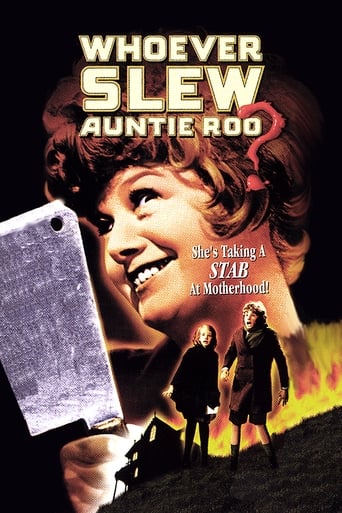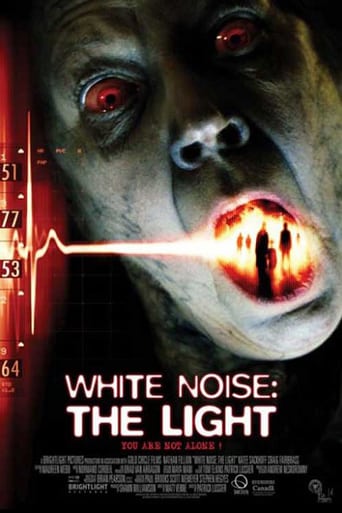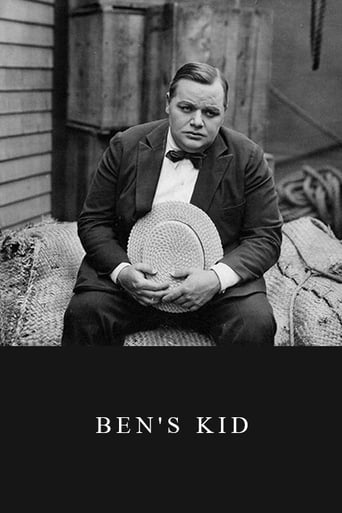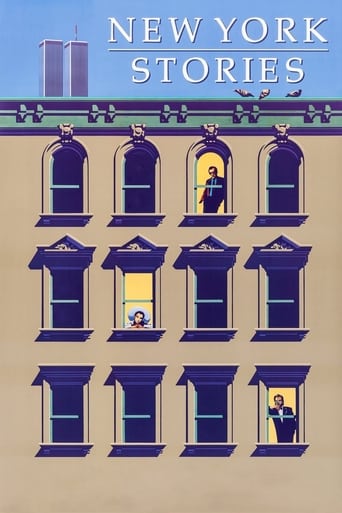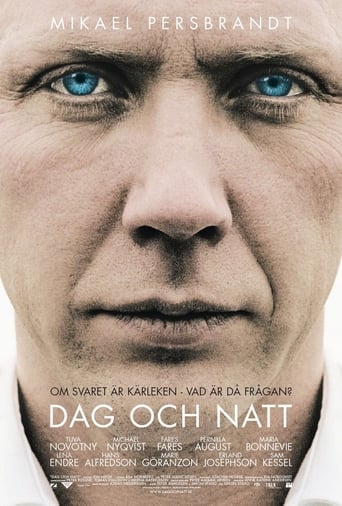
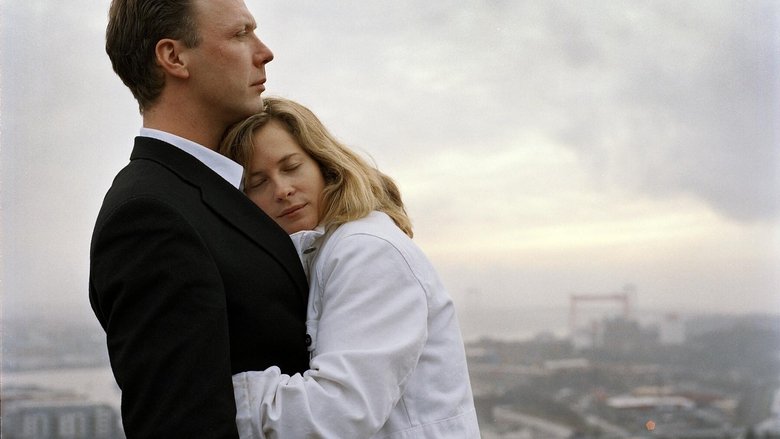
Day and Night (2004)
DAY AND NIGHT is about people that love and want to be loved. It's the story of a father, his young son, his unfaithful wife, her secret lover, his young mistress, his lonely sister, his forgetful mother, a fanatic football coach, a pregnant whore and an angel disguised as an old man. They are all looking for the answer to the same question: "If love is the answer - what is the question?"
Watch Trailer
Cast
Similar titles
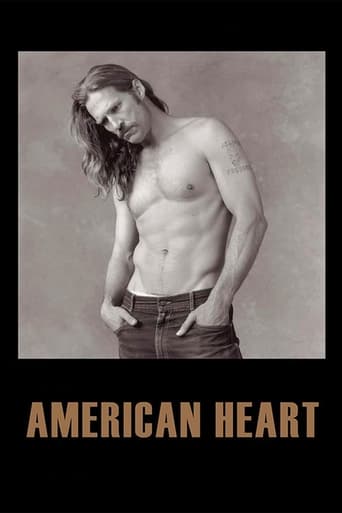
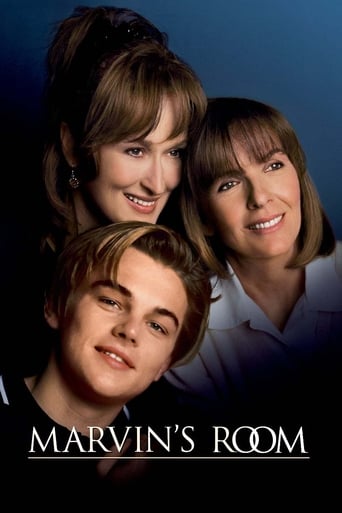

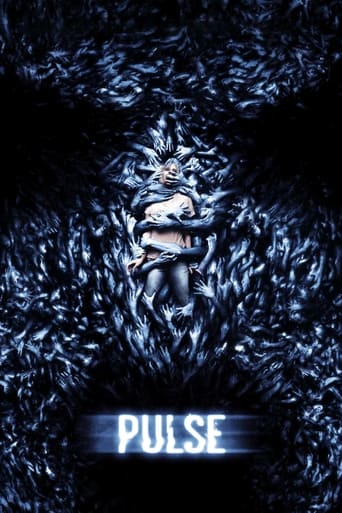
Reviews
This movie is the proof that the world is becoming a sick and dumb place
Just perfect...
Pretty good movie overall. First half was nothing special but it got better as it went along.
Actress is magnificent and exudes a hypnotic screen presence in this affecting drama.
Day and Night has been shown on Australian TV four or five times and I watch it again every time and appreciate it more each time. I am not surprised that other viewers either love it or hate it. This is the mark of a good movie! Also, I am not surprised that it was originally promoted as a dark comedy. In my last viewing I often found myself laughing at some scenes but, of course, the subject is unrelentingly grim.What I like most is the screenplay technique of using the claustrophobic car for the whole movie. It would work equally well as a stage play, yet it is still cinematic. The use of the car conveys the sense of a journey (like life), the ultimate road movie if you like! The final scene is a cinematic gem (the rain as tears, the empty front passenger seat).Above all I found myself caring for the characters, all of them. This is the mark of good writing. The top-notch casting and performances contribute to this empathic response but it is the dialogue that is so engaging. In particular, Thomas' wife, his son, his sister, his lover and even his mother (who remembered him at the end) all love him. His other travelling companions care about him, even the old man (who confides his innermost thoughts), Jacob (who respected him) and the "whore" (who will not do it for money!). More importantly Thomas loves all his family because, like a child, he wants to hurt them by his goodbyes. The scene where Emil rejects him, outside the car, and then Thomas cries when he returns to the car, is a heart-starter. Thomas is clearly in emotional pain. Yet he can't think "outside the box". This is why the scene with Emil's dead bird is so sad because Thomas is a canary in a cage by choice. Thomas says he will hurt his family less when he is dead. Oi! My response to this movie is that I want to reach out and stop the car...... That, my friends, is good movie making! If I was a depression-counsellor I would show this to my clients! I think anyone who was depressed would understand Thomas and see he was in a cage of his own making. Call me irresponsible if you like. Anyway, I am looking for the DVD (Region 4) and can't find it yet.
It's not giving away anything about this movie to tell you that it's about a man who commits suicide. As viewer, you know that in the first thirty seconds when the voice-over narrator informs us. So, if the topic of in-your-face suicide doesn't interest you, then read no further.Before discussing the story and plot, however, it's better I cover some aspects about the cinematography and the narrative structure. By knowing those now, I think you'll appreciate the story even more.The title, for starters, is a symbol for the duality of our existence: all of the action is played out in one full day, from morning to night. Being diurnal creatures, day is when most people are truly alive; night is when we all die the mini-death of sleep. The man who suicides, Thomas (Mikael Persbrandt), is literally on the road to death because he is in his car for 99% of the whole movie, beginning in daylight but ending it all at night.In a similar fashion, all yes, all of the camera work is shot from the front of the car Thomas is driving, face-on to Thomas and any passengers he has with him. Now, you would think that would produce a mind-numbing result for the viewer, as the director keeps cutting, back and forth, from Thomas talking to the person in the passenger seat who responds to Thomas. Only rarely do we see Thomas and a passenger in the same frame; most of the time, the viewer sees only one person at a time a clear metaphor for the deepening separation Thomas feels for all relatives, friends and even strangers who get into the car, at different times during the day. From that perspective, the camera works voyeuristically, perhaps the closest we ever want to be to watching a person bent on self-destruction.With such a mise-en-scene, everything depends upon the script which must be faultless and the actors, all of whom must be able to act convincingly while having the camera directly in front. You'll no doubt recall that Jodie Foster received an academy award for her effort in Silence of the Lambs, with a lot of her acting for that story done facing the camera. It's a most difficult technique to do with skill. Well, not only is the script up to scratch, the acting from Persbrandt is faultless, in my opinion, for the entire 95 minutes run time. And, the supporting cast is not far behind.Hence, from the director's chair, there doesn't seem to be much to do. Yet, when there is little action, much dialog and the need for genuine facial expressions to convey true emotion, the director is actually working hard, perhaps even harder than the actors. So, I take my hat off to Simon Staho for creating a mini-masterpiece.Now - the story is very basic: Thomas has decided to kill himself and spends the last day of his life driving around, visiting and picking up his estranged wife, his current lover, his son, his best friend, the only woman he ever really loved, a whore, a stranger, his son's soccer coach and his mother, all in succession. Why? Because he wants to say goodbye, perhaps seek forgiveness from some, perhaps tell others to f*** off. Why does he want to suicide? For many reasons that are explained during the conversations Thomas has with each person, all resulting in his complete loss of will to live.He takes his son, Emil (Sam Kessel), to school first and tries to destroy any love Emil may feel for him; he picks up his lover, and then tells her that the affair is over, he's going off to New York to live; next, his wife and he go to sign the divorce papers and he resists her attempts to patch things up; then, he picks up his best friend, Jacob (Michael Nyqvist) who is also his wife's current lover and tells him to f*** off; briefly, Thomas talks with an old man about life; then goes to see the only woman he truly loves a truly poignant scene - followed by his son's soccer coach. After leaving the soccer field, Thomas goes to a car wash where he breaks down completely as the car is washed. He pulls himself together finally and then goes to see his old mother who is suffering from Alzheimers.He takes his mother for a last drive to the beach, a scene that is perhaps the most harrowing in the movie; then, he drives back to the city where he picks up a whore and tries to convince her to use his gun to shoot him, offering a substantial payment to her for the job. When she refuses and leaves, he drives off into the darkening night. Eventually he stops the car, while raging thunder and lightning provides the only cliché for the whole film, and he gets out his gun...Needles to say, almost, this is a real downer. Only those who can stomach the whole idea of watching a wannabe suicide should see this one. And, it's definitely not for children.A final thought: I wonder how the writer/director Staho convinced producers to put up the money?
It is a well-known fact that the better one lives, the higher one's living standards, the more suicides there are. Such that in extremely poor countries, suicide does not exist; instead these impoverished people die in civil wars and wide-spread famine. So it is with no surprise that this film in question is Swedish, dealing as it does in such a delicate theme as suicide. Thomas sets out to visit and say good-bye to those around him - his mother, his wife, her lover, his young son, his sister, his lover........only to find his problems - never very clearly defined - are no worse than theirs.Cleverly filmed, more than 80% of the film is made while he is driving his car, day and night, around Stockholm and its hinterland, the main characteristic of the film is the splendid characteriological interpretations of the actors and the impact of this rather dramatical denouncement: the message is clear. Where in the supposedly civilised and advanced world we crowd our lives with such benefits as a 'beautiful car', high spending-power, advanced technology, and so on, we are losing something which is far more important: the ability to communicate with those around us, the capacity to feel mutual sentiments, empathy with those persons who participate in our daily lives. All this has gone, ironically, with the arrival of so many different electronic means of contacting people all over the place. The world has gone mad: we cannot communicate with our loved ones, the people dearest to us. We communicate with a phone, a mobile (cellular), TV, radio, satellites, electronic mail and all the advantages of Internet, and other ingenious inventions, but face to face or side by side, those deepest human feelings like saying 'I love you', seem to have become outdated. This is the case with Thomas; evidently he has lost contact with his mother, his wife, his sister, and even his lover is obviously disconnected from the ravages that Thomas is suffering. The end is horrendously predictable - and orchestrated - with terrifying thunder to aid and abett the outcome, such that there is no surprise. However, it is in the way the film is enacted and carried out that it scores - and scares. Those long hours mostly filmed at the steering-wheel express Thomas' dilemma, however incomprehensible it may be, which forces him into deciding whether to be or not to be.
There are two basic problems with "Dag och Natt". The film should have been a short film. Some parts stand out while others trail and bring the overall impression down. Sometimes you find yourself baffled by how well played and intense this movie is, and sometimes you find yourself baffled by some weak acting (the acting, in general, is impressive), some weak writing or the appearance of some old, worn out clichés (but perhaps this is the same as weak writing). This is one of two problems. The other problem is that the film leaves you quite empty. It's a pitch black tale of a divorced career man who's on the end of his line and has decided to kill himself (this is no spoiler since it's explained to you in the first lines of the film from a narrator). It's all set in his car (which is a quite cool thing about the flick) as he drives around to say farewell to the people in his life. As in Moodyssons "Lilja 4-ever" it's a movie completely without a glimpse of hope; ebony until its last frame. And that, quite frankly, is its problem. This is also a reason why the film should have been a short one. After some two hours (give or take) the film leaves you with nothing but some thoughts about why a man would kill himself and what a crappy place the world can be and why we must love each other and ladidadida... Not very fresh. Stale, I would say. It doesn't leave anything untold, doesn't leave you with questions and doesn't display more then one face (not literally, of course) the whole way through. I expect more from a feature film (that has any kind of ambition).All said and done the film is a definite "go see" for anyone wanting to keep up to date on Swedish popular cinema, and if you happen to be a Swede then it's definitely worth your 80 kr. It's a good film, don't worry about it.There is a third problem with the film, but this one is a local problem. The trailer that's been running on Swedish TV and in movie theaters is quite misleading. It's cut and scored in a way that makes you believe that the movie is some sort of comedy and flashes the names of the cast (which are pretty much all Swedish movie stars) in your face. Knowing the true nature of the film I wonder if this is some attempt at irony or whatever, but it only hits me as a cheap trick to get people to the box office. Furthermore it attracts an audience to the theater who isn't ready to see the film, which is unfortunate. I myself sat in a (scarce) crowd where a lot of (very young) people voiced their feelings of being mislead to see a film which they simply didn't want to see, and that's just not all right./Daniel Lindroth




